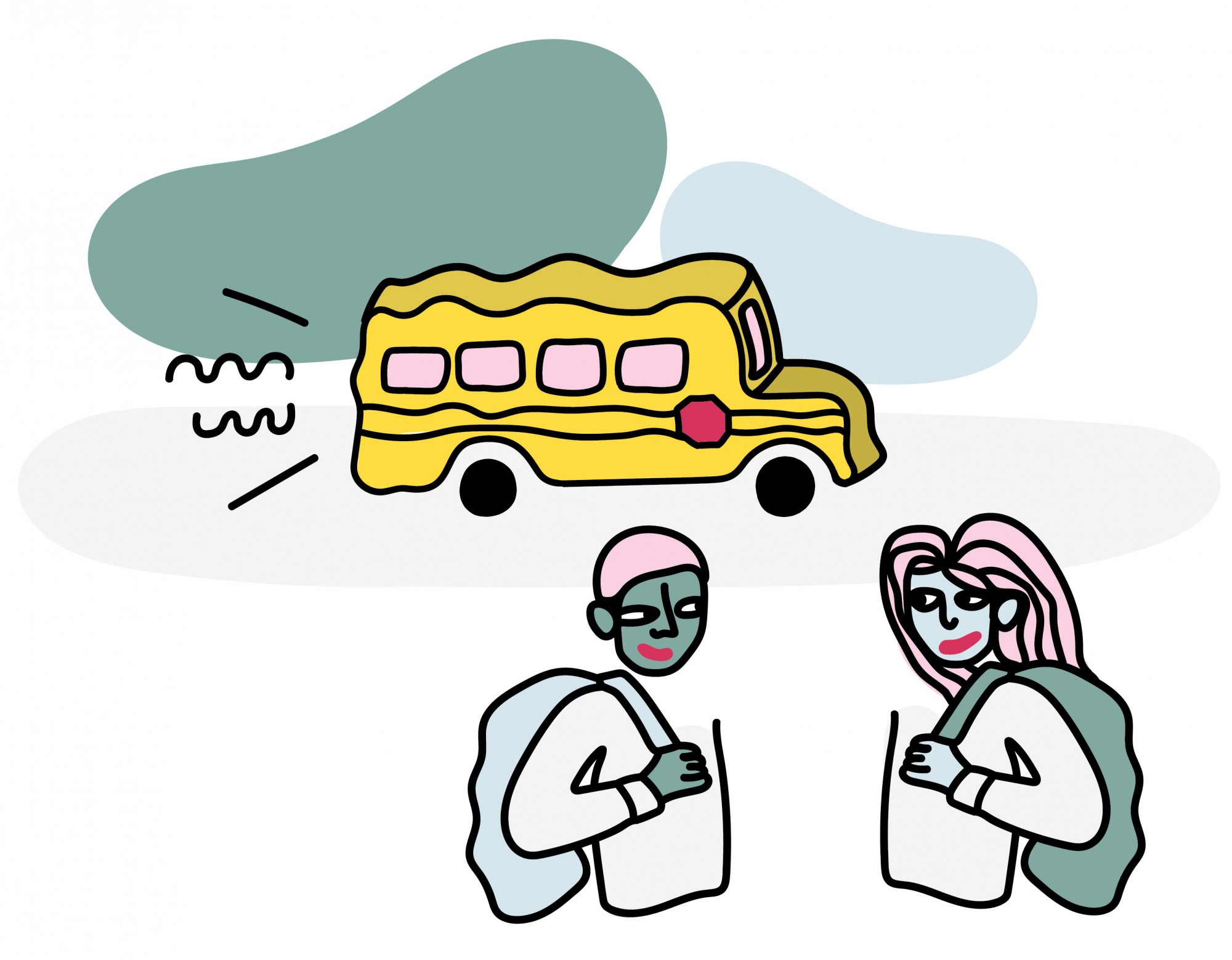University of Minnesota researchers are using data to evaluate a Minneapolis program aimed at preventing homelessness in school children.
Stable Homes Stable Schools is a partnership between the City of Minneapolis, Minneapolis Public Schools, the YMCA of the Greater Twin Cities, the Minneapolis Public Housing Authority, the Pohlad Foundation and Hennepin County. The initiative supports qualifying children and families with either rental assistance for those experiencing homelessness or grant funding for those facing housing instability or eviction.
Since the program launched last May, it has helped house 175 families of more than 500 students. Over the course of three years, the program is projected to serve around 320 families and thousands of primarily elementary-aged school children across 15 public elementary schools with the highest rates of homelessness and free or reduced lunch costs.
“I am really loving the results that are coming out of it so far,” said Minneapolis Mayor Jacob Frey. “It all stems from the standpoint that we cannot expect our kids and our students to learn and succeed in the classroom if they do not have a room to rest their heads at night.”
The University’s Grand Challenge team Homework Starts with Home is currently planning how to use data to evaluate the effectiveness of the program once it is collected. The researchers will examine how improved housing stability impacts financial well-being, parental engagement, behavior in the classroom and academic indicators like attendance and grades.
“Homelessness for students is such a serious problem, but we think we can pool our efforts to try to learn as best we can what would be good investments and successful programs for these students,” said Ann Masten, University professor in the College of Education and Human Development and member of the Grand Challenge team.
Social workers at each of the 15 schools will refer current students and their families to the program should they meet certain city definitions of homelessness or housing instability.
With limited availability, preference is based on a number of factors including how many children a family has enrolled in MPS, how long the children have been enrolled in MPS and calculated need.
Brandon Crow is MPHA’s assistant director of housing vouchers, and he started the project team for SHSS. Crow said this program is a crucial tool in helping to end generational poverty for families.
“If kids are not able to be in class and focus in the classroom and have family support for their education, they are obviously more likely not to succeed,” Crow said. “And if they do not succeed in school, then we all know what the stats say about if you do not graduate and get what you need in order to take the next steps.”
About 6.5% of school-age children in Minneapolis are homeless, and an even higher percentage experience severe housing instability by moving at least once or twice a year. In addition to SHSS, Frey said the city has other partnerships to address other barriers low-income students might face.
“First off, it’s about the home. That is the first step …” Frey said. “We have them then connect with other service providers so that they get assistance in really any other area they may need.”























